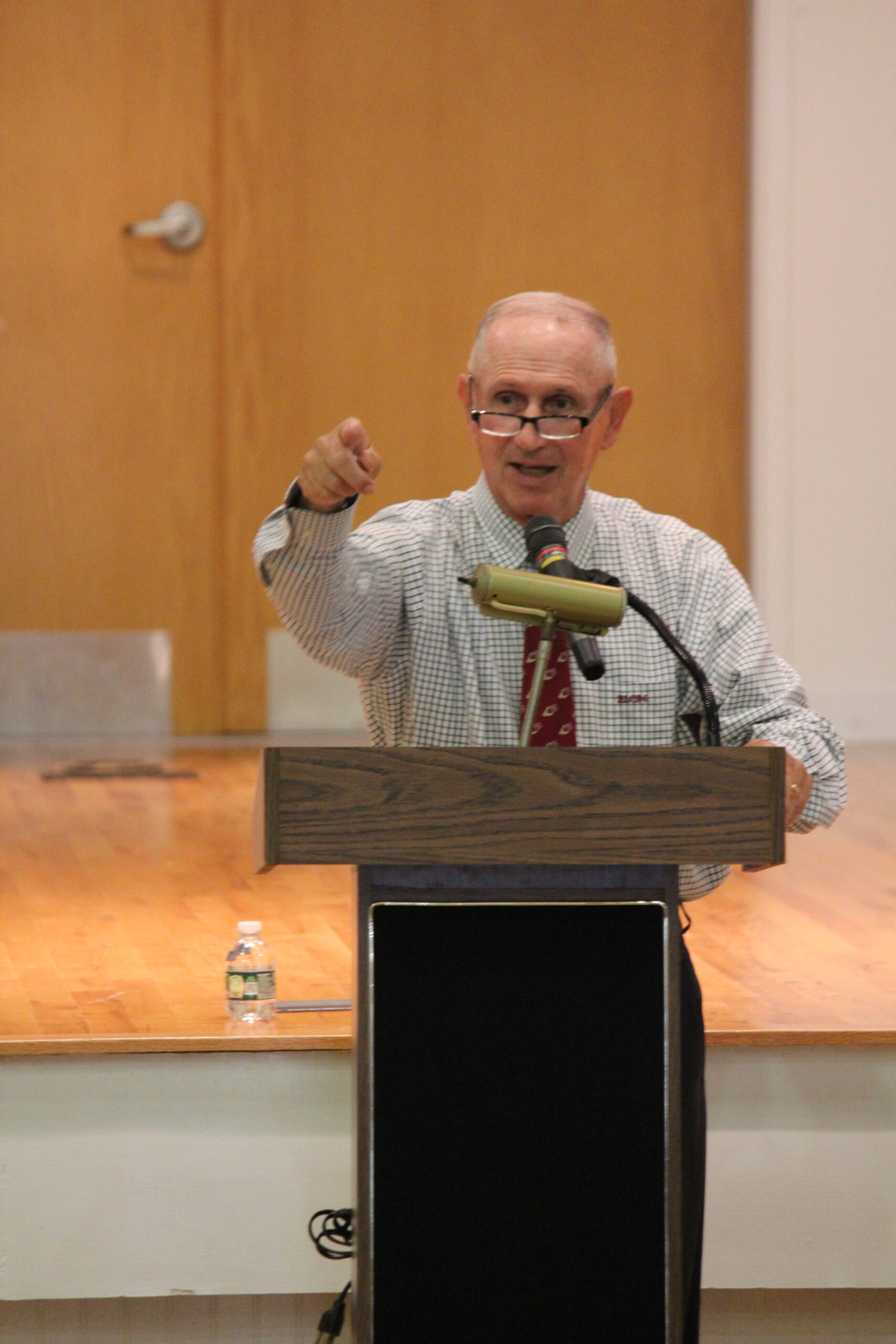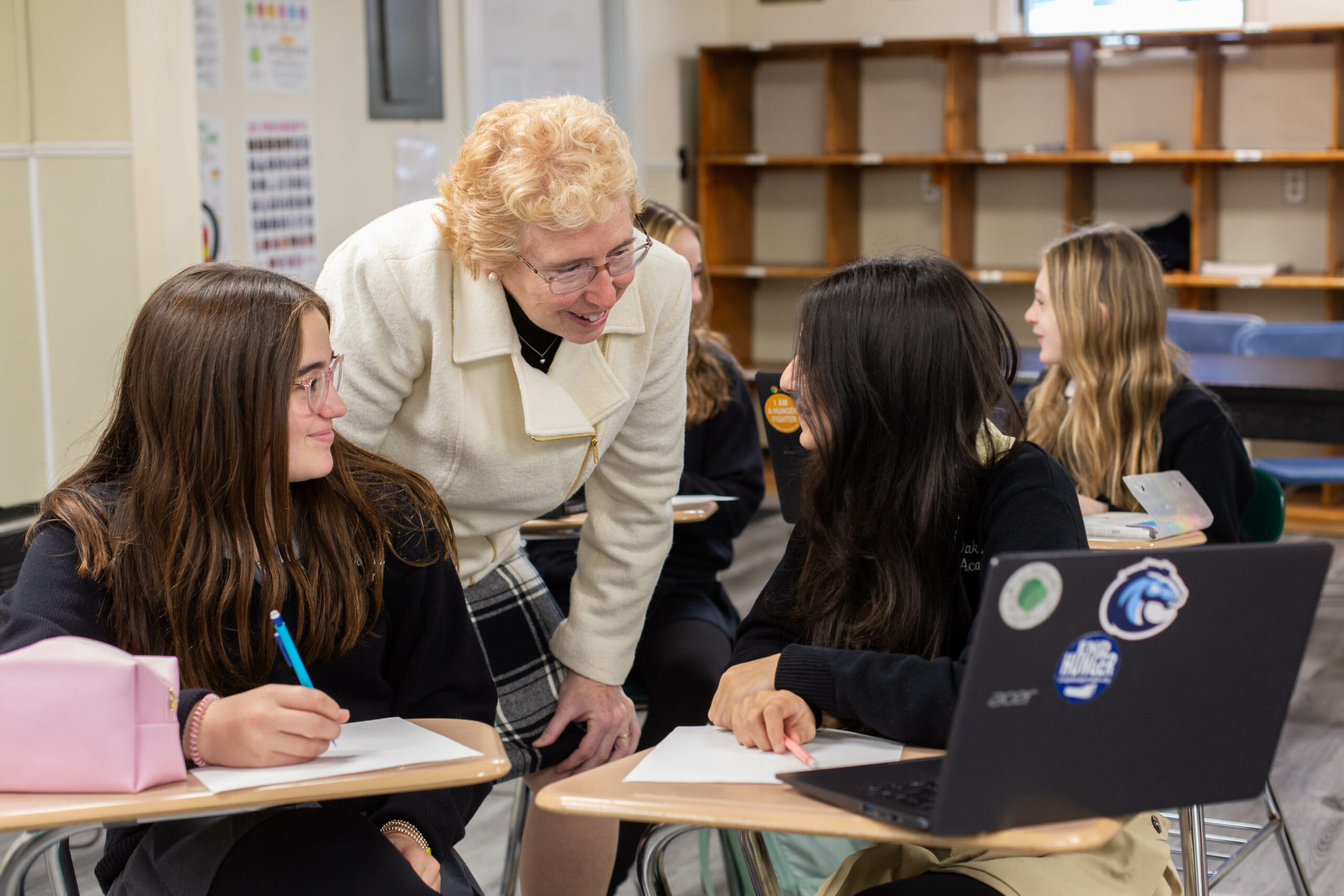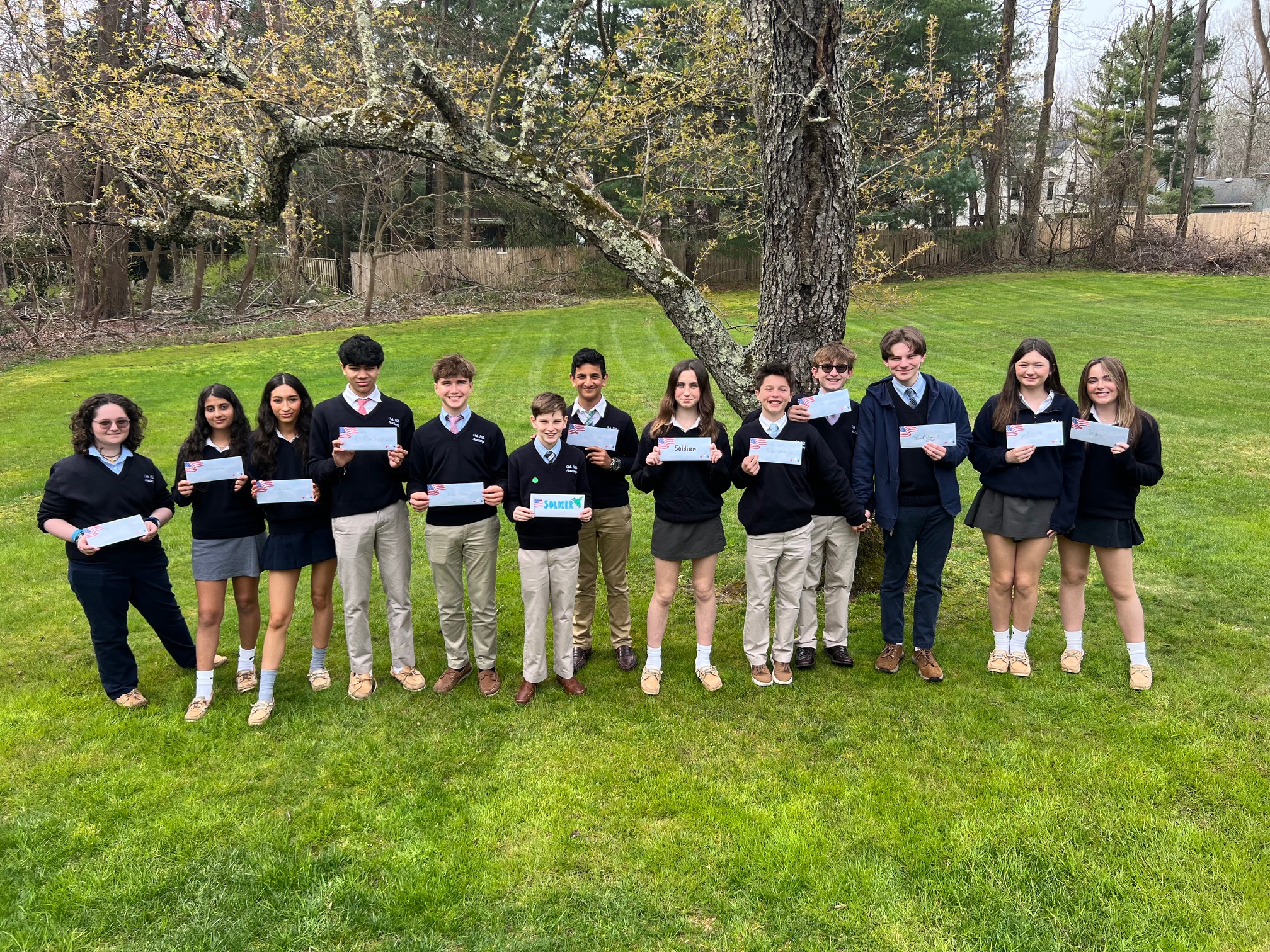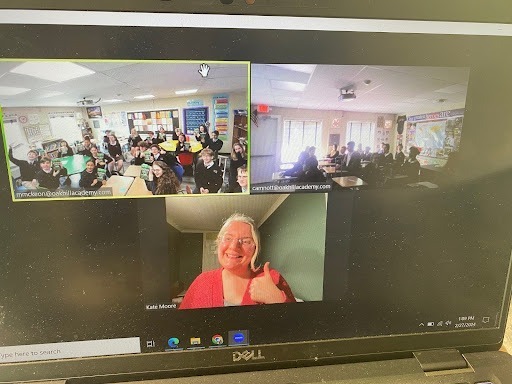The importance of the arts in Schools
Art is as old as the cave man as they carved in stone to record their adventurous lives. Ancient Indo-Europeans used Sanskrit symbols in a very artistic manner with precision and grace. The early Greeks and Romans used various forms of art as ways to communicate emotions, events, and desires. Music, dance, and art were the means of expression as the human culture matured.
In a report for the Getty Center for Education in the Arts in America’s Schools, Elliot Eisner of Stanford University writes:
“Why arts in the school? The answers for me are clear and straightforward. As content, the arts represent man’s best work. Our children ought to have access to the intellectual and artistic capital of our culture. We also tell the young what we value for them. Surely then arts are among the things we ought to care about … But the arts are not only important because of what they represent, they are important because of the ways in which they engage and develop human intellectual ability. To learn to see and to make visual form is a complex and subtle task. The child needs to learn how to look, not simply to assign a label to what is seen, but to experience the qualities to which he attends. Artistic tasks, unlike so much of what is now taught in schools, develop the ability to judge, to access, to experience a range of meanings that exceed what we say in words.”
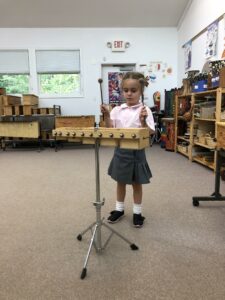
For instance, music transmits rich meaning that transcends the spoken or written word. A piece by Bach or the Beatles moves into our soul and gives us a personal sense of being. Our world gets powerful meaning from the all-time greats to the budding first grader. Monet’s graceful strokes to the child’s stick drawings tells us a deep story. Sensitivity and color spark our imagination and provides peace of thought. Either in the grace of the polished dancer or to the awkwardness of the beginner, a story unfolds that not only gives us pleasure, but also relief from stress.
The arts are at the top of the human experience, and whether in performance or viewing children of all ages, we all have the opportunity to grow in heart and mind. At Oak Hill Academy, one of the best private school in NJ, students from PreK to eighth grade experience the arts in not only their weekly classes, but integrated into the fabric of the full daily curriculum.
Oak Hill Academy is a NJ private school that is co-educational, independent, nonsectarian, and nonprofit for grades pre-kindergarten through eight. Oak Hill Academy is dedicated to a traditional, challenging, and caring learning environment that encourages comprehensive thought processes and deep understandings; thus promoting the wholesome intellectual, emotional, moral, and physical lifetime growth of our students. To learn more about how we are the best Private School in New Jersey, visit us online at www.oakhillacademy.com , or subscribe to our mailing list to be notified when we post more topics.

